The Problem with Pronoun Circles
When present in these groups, they are forced into a dilemma: they must either lie about their gender or expose themselves to an entire group of strangers.
We have all experienced our first day somewhere, whether it be a job, school, or a new team. First, the introduction. We go around in a circle, state our names, and maybe even a fun fact. More recently, we might include our pronouns. For cisgender students, this innocuous task may feel automatic. However, this display of allyship ultimately falls apart when it comes to genderqueer students. When present in these groups, they are forced into a dilemma: they must either lie about their gender or expose themselves to an entire group of strangers.
Luna Nash, a transgender student at B-CC, spoke about his experience with this during freshman year orientation. “They had us say our pronouns mandatorily to be ‘allies,’” he explained, “They put you on the spot and kind of force you to out yourself.”
For some, pronoun circles may not be a problem – but for others, they have consequences. Mia Garrett recalled a time in a class that she perceived to be a safe space: “I misgendered myself and dead-named myself at the same time. There was another person who I knew was trans and they did the same thing.”
The experience can be uncomfortable or anxiety-inducing, and the bulk of transgender people fear judgment from their peers. Josefina Eggleton expressed, “We’re trying to be respectful and know people’s pronouns. But on the other hand, [we should consider] all of the people who are not ready to share that with people they’re not going to talk to very often, or maybe there’s a transphobic guy in the class.”
Nash argues that pronoun circles are actually more beneficial to cisgender students than to transgender students, commenting, “A lot of the time, people will do this stuff because they’re curious, and they’re either viewing you as this ‘other’ specimen thing…but the majority of it, and this is where the issue comes from, is that they just really want to feel like they’re being allies and they want to feel like they’re educating people…and get this sense of fulfillment when almost every single trans person that I’ve talked to agrees that it’s harmful.”
In a piece published by The Community Psychologist, several strategies exist for pronoun disclosure in high-education settings. The first is avoiding obligatory disclosure and in replacement, offering alternative ways to invite pronoun disclosure. Senior Sophie Morse offered, “it should be kind of more of an optional thing because some people don’t want to be out and that should be respected.” You might have noticed these alternative ways being used in your classes at B-CC. Some teachers offer the opportunity for pronoun disclosure through a google form or survey. These methods aren’t as direct as pronoun circles, so misgendering is more likely to be an issue.
However, Nash commented, “I’ll tell them when they use the wrong pronoun or wrong name because it’s not that big of a deal to me. It’s uncomfortable, but the majority of us generally understand where people are coming from if they misgender.”
Inclusivity is more than doing what we feel an ally ‘should’ do, it requires listening to the experiences of marginalized groups and incorporating their feedback, and in this case, the feedback of genderqueer students at B-CC and in our community. Cisgender students have to learn to be comfortable with making mistakes and being corrected – we all have things to learn and ways to improve, and that’s okay.

Claire Wang, a B-CC senior, serves as the Co-Director for The Tattler's Art Team and a contributing writer. She also has two dogs and two cats.



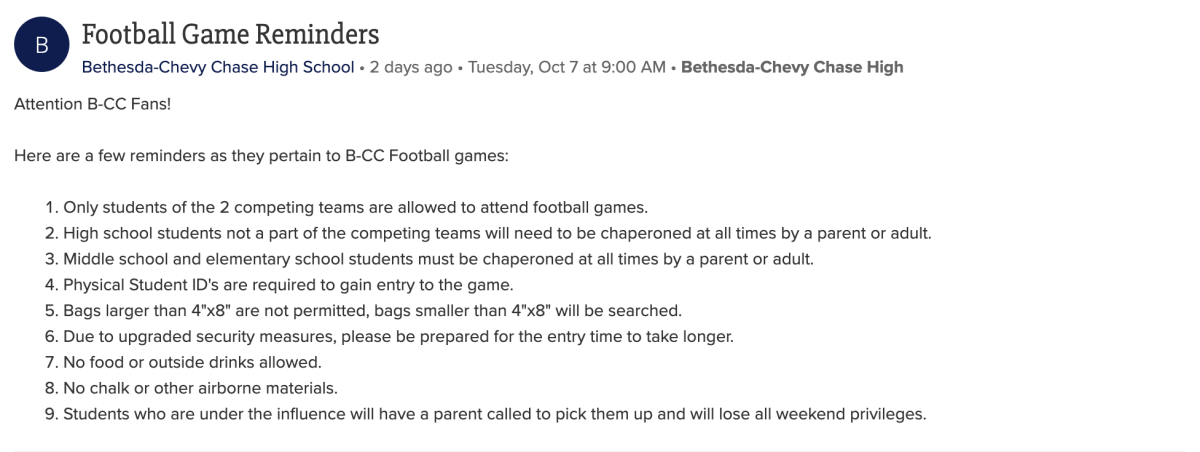



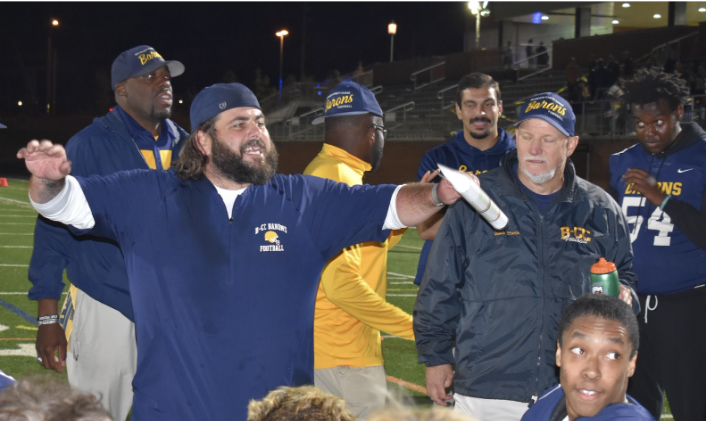
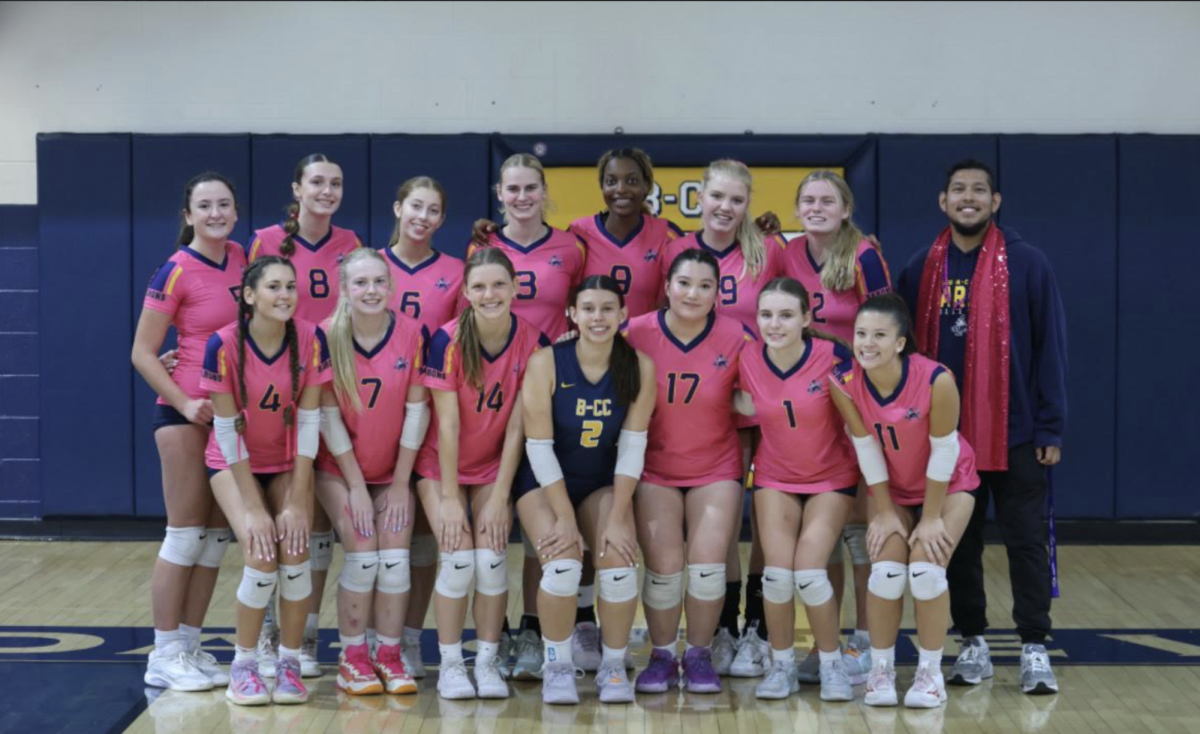
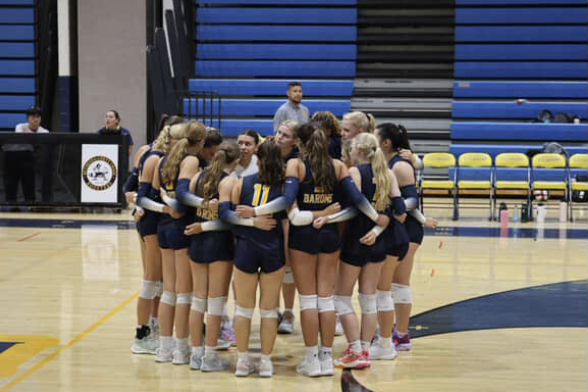
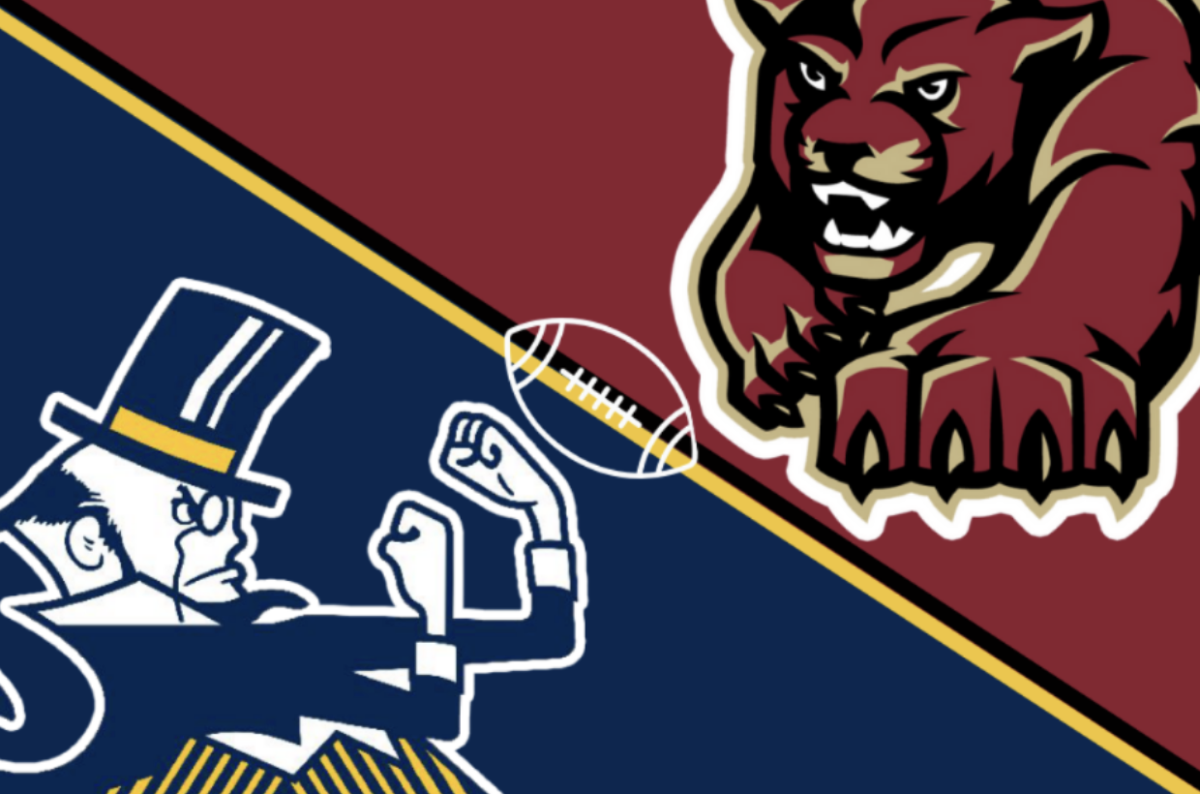

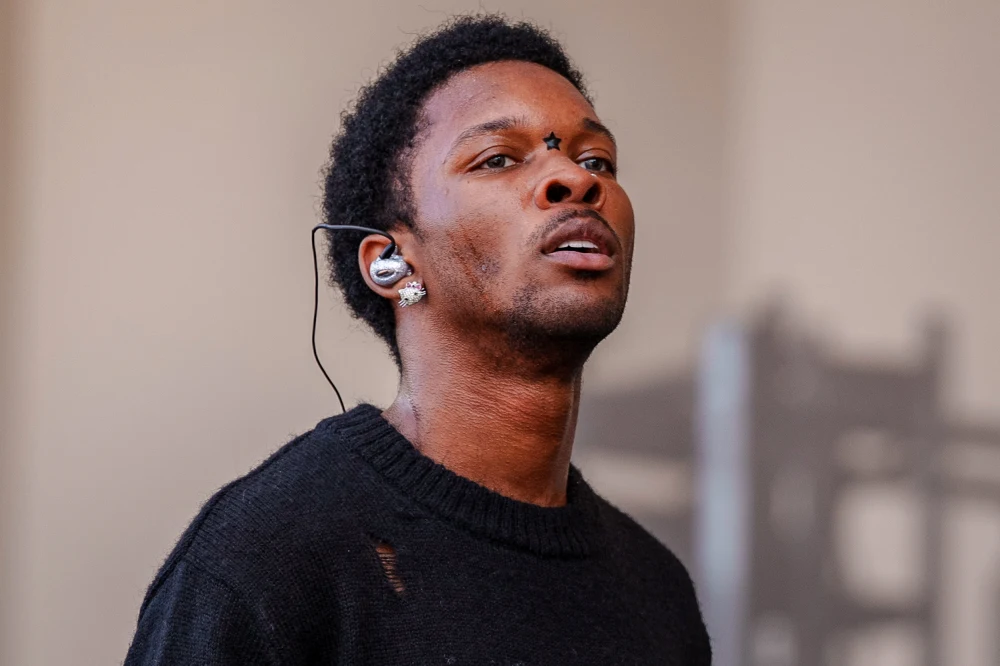


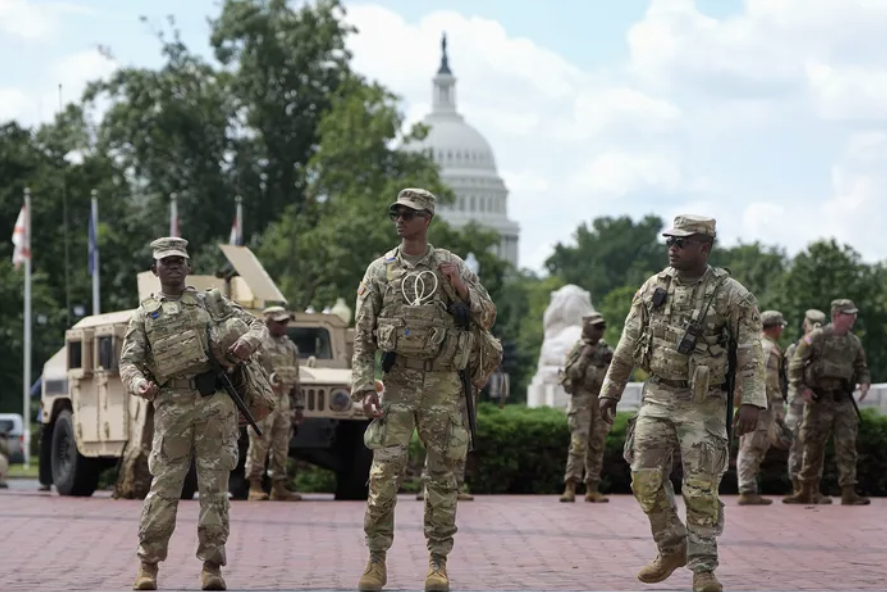
























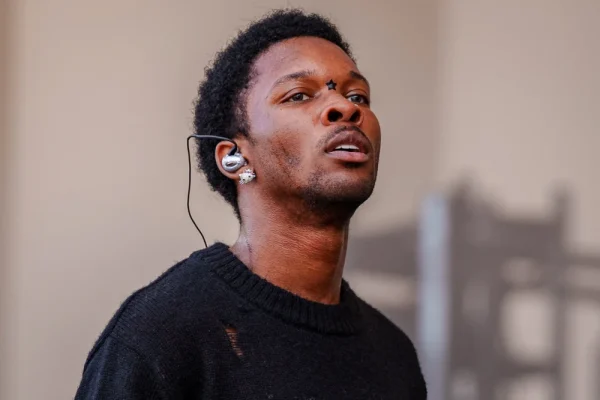


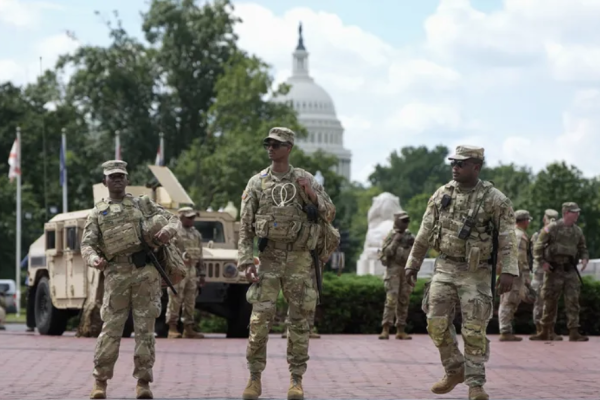
Glyph (He/They) • Nov 2, 2022 at 7:02 am
I’m a trans student, and I totally agree with this. Though i’m more open about openly referring to myself with my preferred name than correcting people who use she/her for me. I feel better introducing myself to someone new with my preferred name then meeting someone who knew me before I changed my name and having them refer to me with my old one. I almost feel like i’m in danger if I need to correct someone on my pronouns or name, so usually I say nothing.
Hoping we can create a safer environment for trans students.
Trans Senior (She/Her) • Oct 20, 2022 at 7:53 am
As a trans student, I 100% agree with this. Choosing what to say in those circles, especially in a school environment is incredibly stressful. I remember that there was a form passed around at the start of the year by some teachers that said that it was for giving substitute teachers correct names on the roster, but so far it doesn’t seem like that’s happened, having been constantly deadnamed by them. I don’t have a bad association with my deadname, but reading it allowed me to class and having to say “here” can be incredibly humiliating and scary even though people can already tell that I’m trans. And oftentimes, even when misgendered, trans students may not want to correct people from fear of ‘making it a big deal’ or provoking a reaction. This is from my experience, so I’d be curious to know what other trans seniors have experienced, but I believe they’re going to read birthnames at graduation? It’s likely a legal requirement so there’s nothing that can be done, but still I don’t really understand why they’d have to read the deadname, they could have a note or sticky note on the diploma saying the person’s actual, preferred name (side note, the whole concept of asking for “preferred name” feels a little weird, since it implies that it’s not really your name. It’s not that big of a deal, and I don’t know a good alternative, but it’s just interesting to think about), while the diploma says their legal name.